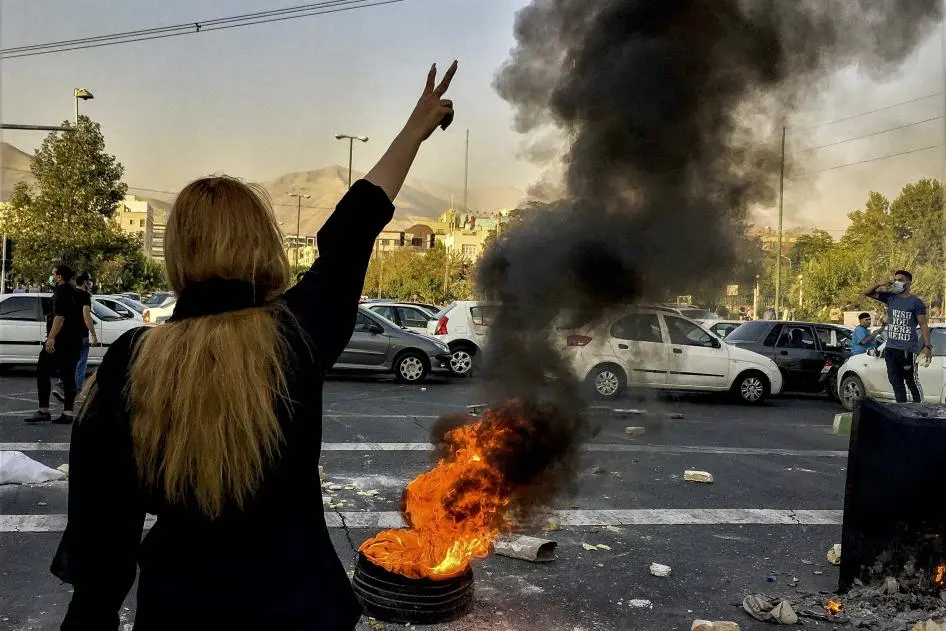Iranian security forces have been accused of subjecting detainees to horrific acts of rape, torture, and sexual assault while violently suppressing widespread protests across the country in 2022 and 2023, according to a report by Human Rights Watch (HRW).
HRW investigated cases of abuse against ten detained individuals from Kurdish, Baluch, and Azeri minority communities, which occurred between September and November 2022. The victims described being raped by security personnel, and some reported witnessing other detainees being sexually assaulted. In seven of the cases documented, detainees said they were tortured to coerce false confessions.
"These brutal methods, including rape and torture, are not only egregious crimes but also weapons of oppression used against detainees to extract forced confessions," said Nahid Naghshbandi, acting Iran researcher at HRW. "They are also a twisted and despicable means of further stigmatizing and repressing marginalized ethnic minorities."
The organization interviewed survivors by phone, including five women, three men, and two children. Three of the victims provided medical records corroborating their accounts.
One Kurdish woman recounted how two security force members raped her in November 2022 while a female agent held her down and facilitated the assault. A 24-year-old Kurdish man from West Azerbaijan province said he was severely tortured and raped with a baton by intelligence agents in a secret detention center in September 2022.
HRW also documented cases of protesters being restrained, blindfolded, and tortured in detention. Authorities beat and sexually assaulted a Baluch woman who witnessed at least two other women being raped in a detention center in Sistan and Baluchistan province in October 2022, leaving them physically and psychologically traumatized.
The report highlights the Iranian government's pattern of grave human rights violations in its efforts to crush dissent, with ethnic minorities seemingly targeted. Human Rights Watch has previously reported on the use of torture, sexual assault, and suspicious deaths in custody by Iranian authorities.
"Accounts of brutal rape and the lasting traumatic consequences of those crimes should mobilize countries to meet the physical and psychological health needs of survivors who have managed to flee Iran," Naghshbandi said. "They should also mobilize Iranians at home and abroad to push for accountability and justice."









